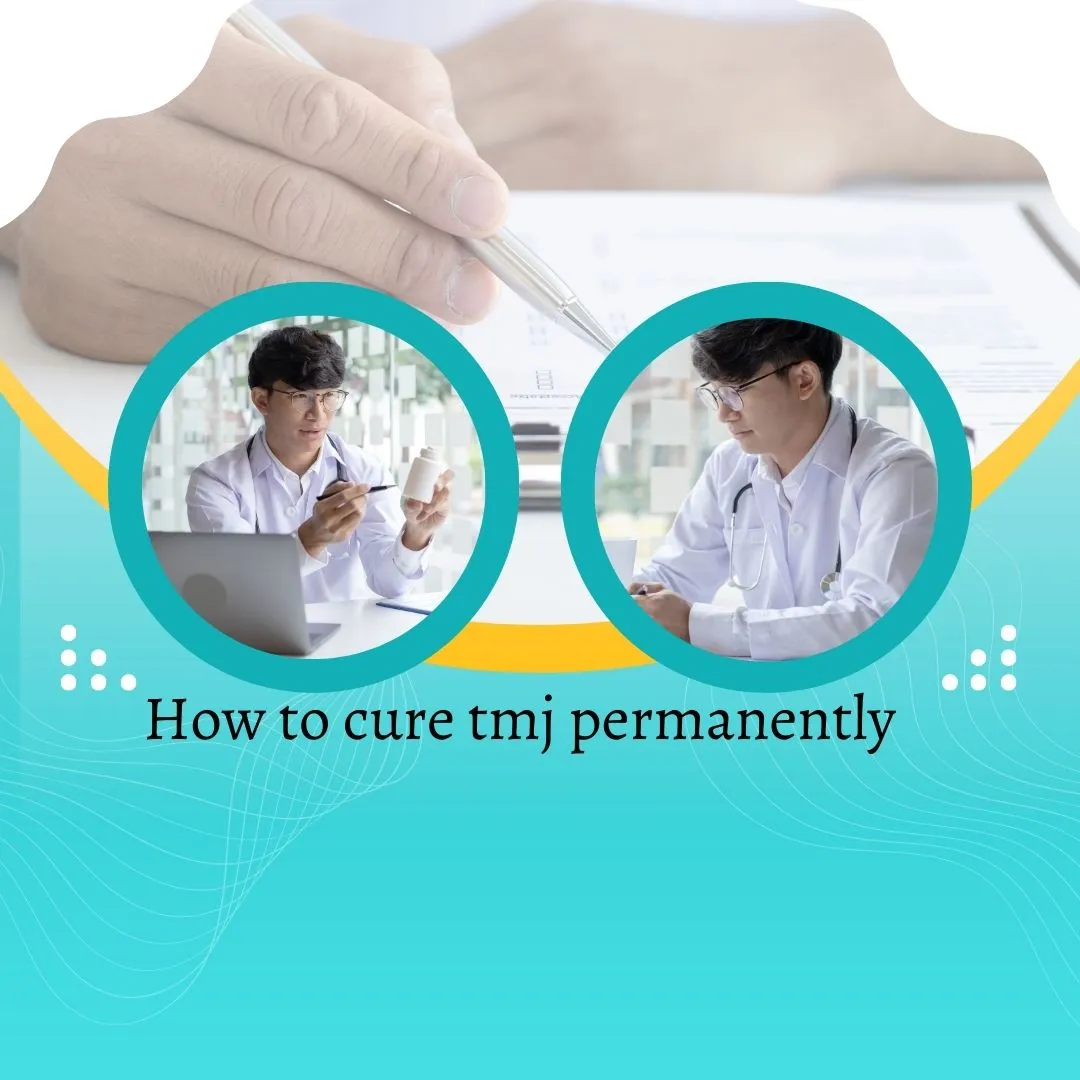Hormones play a vital role in regulating various processes within the body, including metabolism, reproduction, mood, and overall well-being. When hormones become imbalanced, it can lead to a wide range of symptoms and health issues. While medical interventions may be necessary in certain cases, there are also natural ways to help balance your hormones. These methods often involve making lifestyle changes that support hormonal health and promote overall wellness. By incorporating these natural approaches into your daily routine, you can potentially achieve hormonal balance and enhance your overall quality of life. In this article, we will explore some effective natural strategies on how to cure hormonal imbalance in females that can help you maintain hormonal equilibrium.
What are Hormones?
The body’s endocrine glands are responsible for producing hormones, which are crucial for maintaining bodily functions. Important endocrine glands include the pituitary gland, pineal gland, thymus, thyroid, adrenal glands, pancreas, testes, and ovaries. Even though hormones are produced in tiny quantities, their effects on the body are substantial. Even a slight imbalance in hormone production, whether it’s an excess or deficiency, can have significant repercussions throughout the body.
What is hormone imbalance?
When the body experiences an excess or deficiency of a specific hormone, it results in a hormonal imbalance. To determine if an individual has such an imbalance and to seek appropriate solutions, consulting with an obgyn in Lake Success can be beneficial. Hormone levels naturally fluctuate during different stages of life, including age-related changes. However, disruptions in hormone production may also arise from malfunctioning endocrine glands.
Symptoms of a hormonal imbalance
The specific symptoms experienced due to a hormonal imbalance will vary depending on the hormones or glands affected. There are several common hormonal conditions that can give rise to the following symptoms:
- Changes in weight, either weight gain or weight loss.
- Muscle weakness and fatigue.
- Muscle aches, tenderness, or stiffness.
- Altered heart rate, either increased or decreased.
- Excessive sweating.
- Increased sensitivity to cold or heat.
- Frequent urination.
- Increased thirst.
- Heightened hunger.
- Decreased sex drive.
- Feelings of depression.
- Blurred vision.
- Dry skin.
- Puffy or rounded face.
CAUSES
The causes of hormonal imbalances can vary depending on the specific hormones or glands involved in the body. Some common factors that can contribute to hormonal imbalances include the use of certain medications, cancer treatments, eating disorders, stress, injury or trauma, and hormone therapy. Moreover, various medical conditions such as diabetes, hypothyroidism, Cushing syndrome, Addison’s disease, thyroiditis, and others can also disrupt hormonal equilibrium.
In the case of women, hormonal imbalances may be specifically linked to reproductive hormones. Common triggers include menopause, premature menopause, pregnancy, breastfeeding, polycystic ovary syndrome (PCOS), and the use of hormone medications.
If you suspect a hormonal imbalance, it is advisable to consult with an obgyn in Lake Success. The doctor will likely conduct a thorough evaluation, which may involve asking relevant questions and performing diagnostic tests. These tests can include blood tests, pelvic exams, ultrasounds, and other appropriate measures to accurately diagnose and identify any hormonal imbalances present.
How To cure hormonal imbalance in females
There are several natural approaches you can take to promote hormone balance in your body. Consider incorporating the following habits into your lifestyle:
- Reduce stress.
- Get enough sleep.
- Eat healthy fats.
- Maintain a moderate weight.
- Watch your gut health.
- Lower sugar intake.
- Get enough protein.
- Exercise regularly.
When to See a Doctor?
If you are encountering persistent symptoms that are new or concerning, it is crucial to consult your healthcare provider. They have the expertise to evaluate your condition and may order diagnostic tests to identify the underlying cause of your symptoms. Seeking medical guidance is essential for proper diagnosis and appropriate management of your health concerns.
FAQ
Q1: What are the common symptoms of a hormonal imbalance?
Ans: Symptoms can include weight changes, fatigue, mood swings, and irregular menstrual cycles.
Q2: How can I naturally balance my hormones?
Ans: Strategies include regular exercise, healthy eating, stress reduction, and adequate sleep.
Q3: When should I see a healthcare provider for a hormonal imbalance?
Ans: It is advisable to seek medical advice if you experience persistent or concerning symptoms.
Q4: What tests can help diagnose a hormonal imbalance?
Ans: Blood tests, pelvic exams, and ultrasounds are commonly used to assess hormone levels and reproductive health.
Q5: What conditions can contribute to hormonal imbalances?
Ans: Conditions such as PCOS, thyroid disorders, diabetes, and menopause can affect hormone balance.








